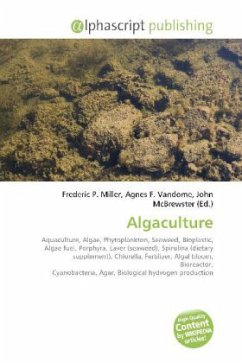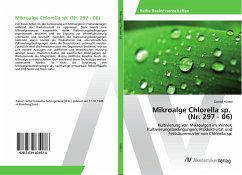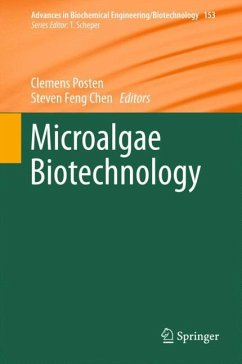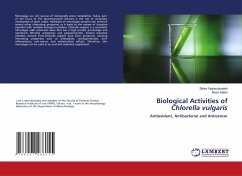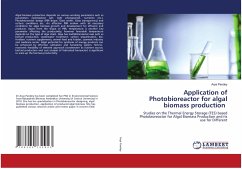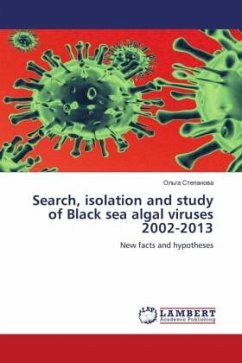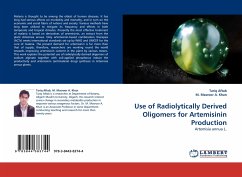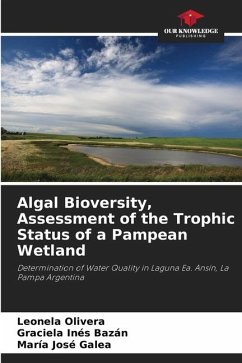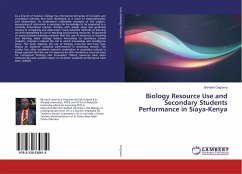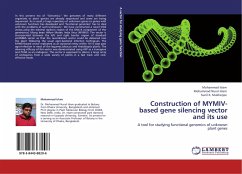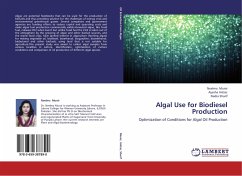
Algal Use for Biodiesel Production
Optimization of Conditions for Algal Oil Production
Versandkostenfrei!
Versandfertig in 6-10 Tagen
33,99 €
inkl. MwSt.

PAYBACK Punkte
17 °P sammeln!
Algae are potential feedstocks that can be used for the production of biofuels and thus providing solution for the challenges of energy crisis and environmental greenhouse gasses. Several companies and government agencies are funding efforts to reduce capital and operating costs and make algae fuel production commercially viable.Harvested algae, like fossil fuel, releases CO2 when burnt but unlike fossil fuel the CO2 is taken out of the atmosphere by the growing of algae and other biofuel sources, and the world food crisis, have ignited interest in algaculture (farming algae) for making vegeta...
Algae are potential feedstocks that can be used for the production of biofuels and thus providing solution for the challenges of energy crisis and environmental greenhouse gasses. Several companies and government agencies are funding efforts to reduce capital and operating costs and make algae fuel production commercially viable.Harvested algae, like fossil fuel, releases CO2 when burnt but unlike fossil fuel the CO2 is taken out of the atmosphere by the growing of algae and other biofuel sources, and the world food crisis, have ignited interest in algaculture (farming algae) for making vegetable oil, biodiesel, bioethanol, biogasoline, biomethanol, biobutanol and other biofuels, using land that is not suitable for agriculture.The present study was aimed to collect algal samples from various localities in Lahore, identification, optimization of culture conditions and comparison of oil production of different algal species.



